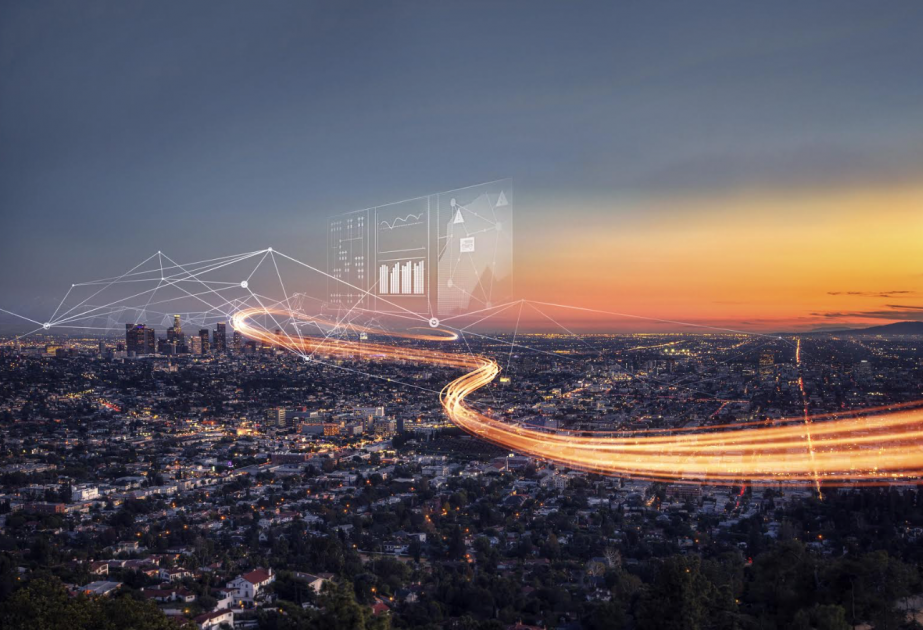
Siemens to demonstrate future of power supply at WETEX 2016
At the 17th Water, Energy, Technology and Environment Exhibition (WETEX) in Dubai, held from October 4th until 6th, Siemens will illustrate the future of energy supply through its microgrid table and breakthrough energy storage solutions. The microgrid table is an interactive display that can be found at the company’s booth at Zaabeel Hall. Using the digital table, visitors can build a grid system that integrates power generated from renewables and traditional sources of energy without sacrificing grid stability. Maintaining stability is increasingly important in today’s energy mix, which features a growing share of renewables and where it is often necessary to compensate for fluctuations in power supply.
With this in mind, Manfred Waidhas, Head of Technology @ Innovation of Business Segment “Hydrogen Solutions” at Siemens AG, will present the topic of energy storage in the megawatt age. Speaking on Day 2 of the event, Waidhas will explain why hydrogen is an ideal solution as a multi-functional energy carrier and storage concept. In his presentation, he will demonstrate how Siemens in Germany has developed a decentralized hydrogen energy storage plant and how hydrogen can enable large-scale energy storage.
For his part, Jeff Dunlap, Senior Executive Vice President of the Power and Gas Division at Siemens Middle East, will focus on three topics during his presentation at the show on October 6th. Dunlap will explain how the Dry Fuel Oil Operation can reduce water consumption by 100 percent; why combining heat, cooling and power in a cogeneration plant with an absorption chiller system allows the use of excess heat for cooling; and what the energy landscape will look like by 2050.
“At WETEX, Siemens will demonstrate its ability to support Dubai and the wider Middle East region with innovative technology underpinned by digitalization,” said Dietmar Siersdorfer, CEO of Siemens in the Middle East and UAE. “Business and society can reap the benefits of connecting the physical and virtual worlds. Our solutions for the power sector can help drive efficiency, productivity and reliability gains towards sustainable growth and economic diversification for the region’s populations.”
Siemens turbines account for 40 percent of the United Arab Emirates’ power generation capacity. In Dubai, Siemens has been supplying the emirate with power solutions since 1992, including technology for the protection and automation of its power infrastructure for the digital age. Globally, Siemens has committed to becoming the world's first major industrial company to achieve a net-zero carbon footprint by 2030.


























